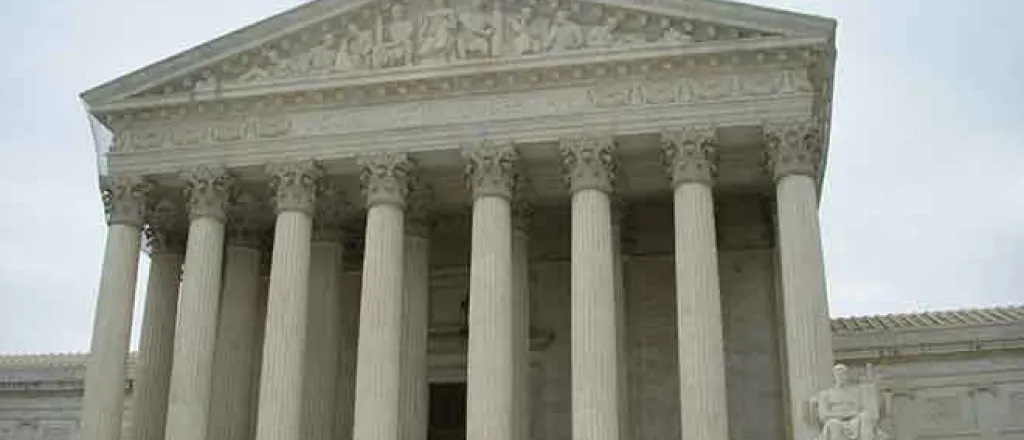
Trump selects Amy Coney Barrett to replace Ruth Bader Ginsburg on U.S. Supreme Court bench
(The Center Square) – Amy Coney Barrett was introduced Saturday as President Donald Trump's nominee to replace the late Justice Ruth Bader Ginsburg on the U.S. Supreme Court.
Barrett, 48, currently serves on the 7th U.S. Circuit Court of Appeals in Chicago, a position to which Trump appointed her.
“Today it is my honor to nominate one of our nation's most brilliant and gifted legal minds to the Supreme Court," Trump said in introducing his selection. "She is a woman of unparalleled achievement, towering intellect, sterling credentials and unyielding loyalty to the Constitution – Judge Amy Coney Barrett.”
If confirmed by the U.S. Senate, Barrett, who was a finalist when Trump instead nominated Brett Kavanaugh last year, would strengthen the conservative majority on the bench to 6-3.
Senate Majority Leader Mitch McConnell said after Ginsburg's death last week that he would move quickly to hold confirmation hearings so a vote could be held prior to or just after the Nov. 3 election.
Born in New Orleans, Barrett graduated from Notre Dame Law School in 1997. A constitutional scholar and self-proclaimed originalist, Barrett, a devout Catholic, has been a champion of individual and religious rights, as well as the Second and Fourth Amendments.
Ginsburg, a liberal and champion of women's rights, died last week at the age of 87 from complications of metastatic pancreatic cancer.
Barrett's nomination sets up an almost certainly contentious fight between Democrats and Senate Republicans with the presidential election just weeks away.
Four years ago, McConnell blocked President Barack Obama's nomination of liberal Merrick Garland from filling the late Antonin Scalia's seat on the Supreme Court during a presidential election year, saying voters should be given the choice of who should pick the nominee. That led to Trump's nomination of conservative Neil Gorsuch, whom the Republican-controlled Senate confirmed.
Democrats say the winner of November's presidential election should nominate the next Supreme Court justice.

















